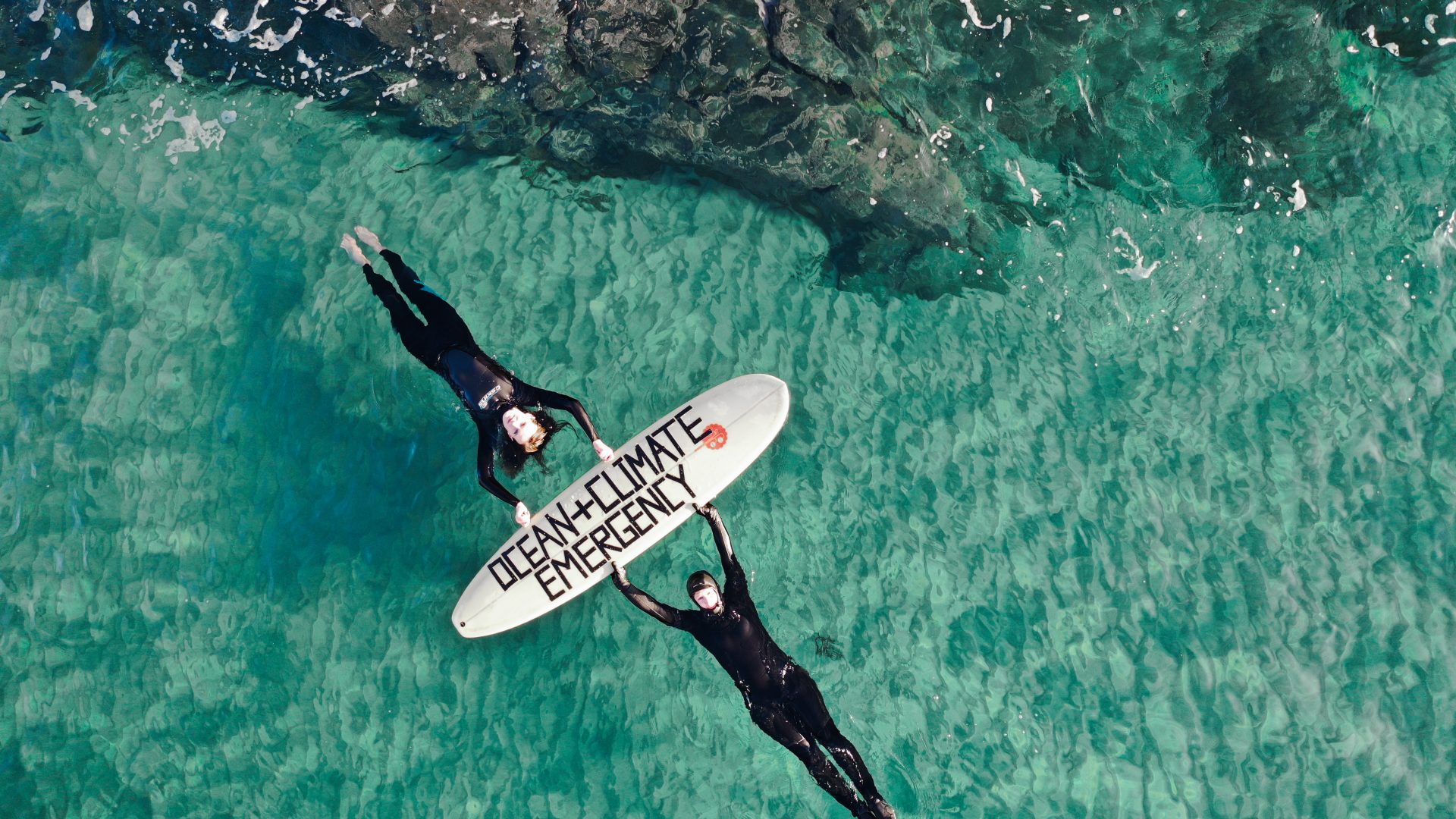
New IPCC report says ACT NOW for a liveable future

Today, the International Panel on Climate Change released its second of three reports that make up its Sixth Assessment Report. And, as expected, it’s a rather difficult read for a Monday afternoon.
The report sets out how climate change is impacting ecosystems and human wellbeing and the planets ability to adapt to a changing climate. This follows on from the IPCC report published in August last year, which focused on the science behind climate change, showing that it was unequivocal that human influence was warming the atmosphere and ocean.
What does the report show?
Overall, the report highlights that human induced climate change has unequivocally caused widespread adverse impacts which have resulted in losses and damage to people and nature. Central to the report is the message that human and ecosystem vulnerability are interdependent. The rise in weather and climate extremes has led to some irreversible impacts as natural and human systems are pushed beyond their ability to adapt. The report makes it abundantly clear that the most vulnerable people are disproportionately affected.
If global warming exceeds 1.5°C in the coming decade (we are already at 1.1°C) then many human and natural systems will face additional severe risks, compared to remaining below 1.5°C. This means more people exposed to deadly heat stress, millions more people at risk of serious flooding, the increase in spread of disease, increased hunger as a result of a loss of farm land. The report highlights that hard limits of human and nature adaptation have already been met in some ecosystems.
What about the Ocean?
The report highlights the devastating impact that climate change is having on the ocean. Climate change has caused substantial damage and irreversible losses in freshwater and coastal ecosystems at a larger rate than previously estimated. Hundreds of local species have already been lost due to increase in ocean heat extremes. We have also seen mass migration of marine species as a result of ocean heating and loss of kelp forests, some of which are irreversible.
At 1.5°C, the risk of ocean biodiversity loss ranges from moderate to very high. This increases to high to very high at 3°C. Very high extinction risk will at least double between 1.5-2°C.
Ocean warming, acidification and sea level rise has impacted on both natural and human systems. These rises in sea levels coupled with increased rainfall has significantly increased the adverse impacts from tropical cyclones affecting many vulnerable communities across the globe. The report also warns of the unsuitable use of the ocean, identifying exploitation as the key drivers in vulnerability and ability to adapt to heat extremes. Coupled with ocean acidification, we are highly likely to see increased impacts of food production.
The need to ACT NOW
The report’s message is clear – the need for action is more urgent now than ever before. Near-term, actions that limit global warming to close to 1.5°C would substantially reduce projected losses and damages related to climate change. In addition, there are feasible and effective adaptation options which can reduce risks to people and nature. This needs international cooperation by governments at all levels working with communities, civil society, educational bodies, scientific and other institutions, media, investors and businesses. Critically, the report highlights the need to work more with marginalised groups, indigenous communities and vulnerable people.
Safeguarding biodiversity and ecosystems is fundamental to climate resilience. The report stresses that maintaining the resilience of biodiversity and ecosystem services at a global scale depends on effective and equitable conservation of approximately 30% to 50% of Earth’s land, freshwater and ocean areas. Currently only 8% of the ocean is protected.
The overwhelming message we take from the report is that societal choices and actions implemented in the next decade determine the extent to the impacts of climate change are felt and humans and nature are able to adapt.
The future is still ours to create and so we all have a duty to lift our voices and demand our leaders act now to confront this ocean and climate emergency.
Demand that world leaders urgently address the climate emergency by pledging your support to the Youth Ocean and Climate Manifesto.
